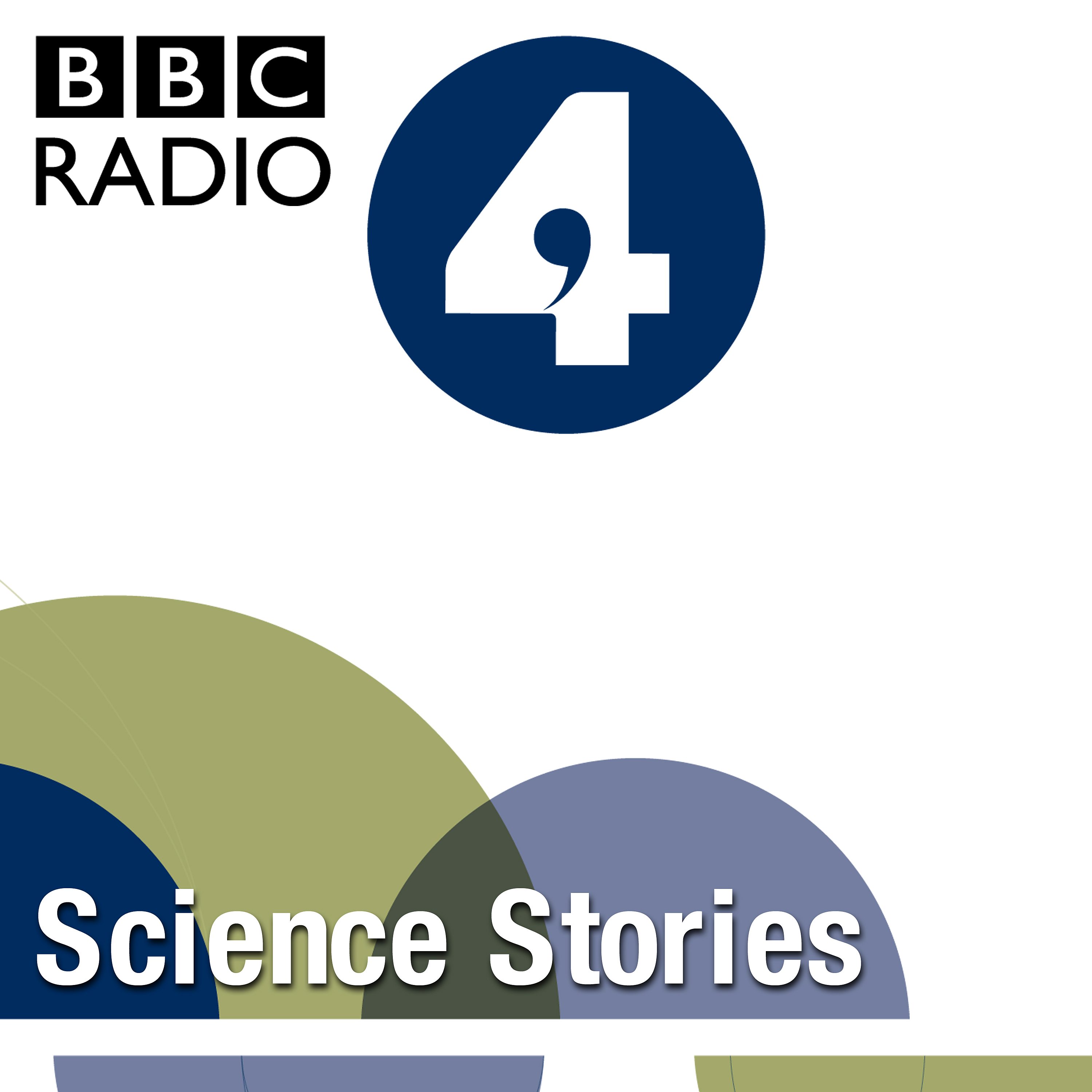Urea and the Wohler Myth
Description
Philip Ball tells the story of German chemist Friedrich Wöhler's creation of urea, an organic substance previously thought only to be produced by living creatures. Yet in 1928 Wöhler created urea from decidedly non-living substances. It was exciting because the accidental transformation seemed to cross a boundary: from inorganic to organic, from inert matter to a product of life. It's a key moment in the history of chemistry but like many scientific advances, this one has also been turned into something of a myth. To read some accounts, this humble act of chemical synthesis sounds almost akin to the 'vital spark of being' described by Mary Shelley in her book published ten years previously, when Victor Frankenstein brought dead flesh back to life.
Philip Ball's story is of what Friedrich Wöhler's creation of urea really meant.
Producer: Erika Wright.
More Episodes
Published 09/10/19
Philip Ball tells the story of Alexis Carrel, the French surgeon who worked to preserve life outside the body and create an immortal chicken heart in a dish. His quest was to renew ageing flesh, repair and rebuild our bodies and keep them healthy far beyond the usual human lifespan. In the early...
Published 09/10/19
Philip Ball tells the story of Ramon Llull, the medieval prophet of computer science. During the time of the Crusades Llull argued that truth could be automated and used logic over force to prove the existence of the Christian God. It was a dangerous idea that got him thrown into prison and...
Published 09/03/19


